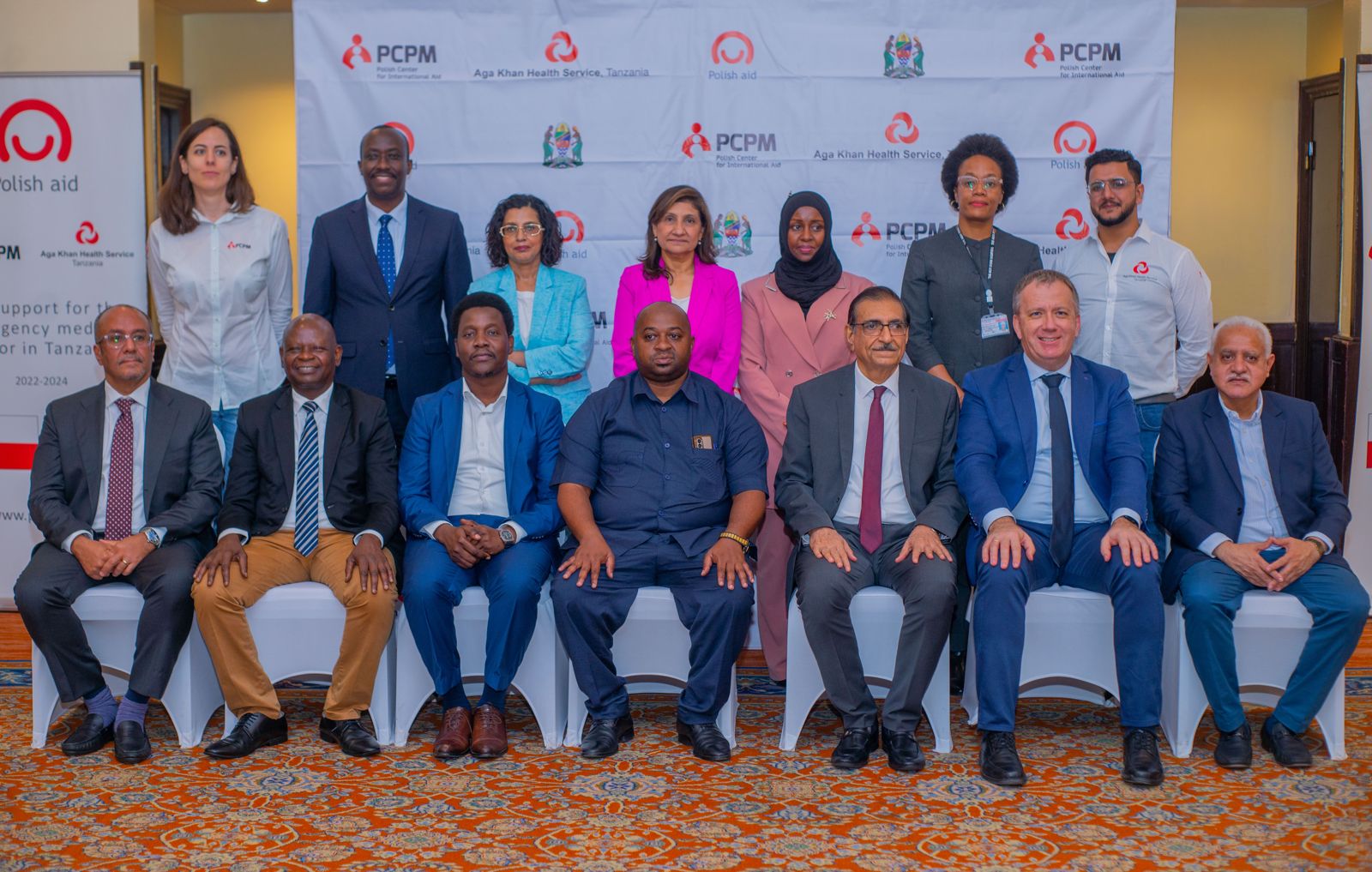
DAR ES SALAAM, Dec 14 (NNN-DAILYNEWS) — The Tanzanian government, under the leadership of President Samia Suluhu Hassan, is intensifying efforts to improve emergency healthcare services through strategic public-private partnerships.
This initiative aims to ensure that emergency services are accessible, high-quality, and meet the needs of citizens in a timely manner.
Speaking at the official closing of the first phase of the Improving Emergency Care in Tanzania (IMECT) project, Dar es Salaam Regional Chief Medical Officer Dr. Mohamed Manguna, representing Regional Commissioner Albert Chalamila, highlighted the government’s dedication to enhancing emergency healthcare systems.
He described the IMECT project, valued at 1.8 bn/-, as an exemplary model of partnership that has successfully united the Tanzanian government, international partners, and local communities to strengthen emergency medical services across the country.
Dr. Manguna expressed gratitude to the Government of Poland and Aga Khan Health Services Tanzania (AKHST) for their key roles in implementing the project.
Over the past two and a half years, Poland, through its Polish International Assistance Center (PCPM), contributed US dollars 760, 000 (1.8 bn/-) toward improving Tanzania’s emergency healthcare infrastructure.
He commended the collaboration as a significant step toward addressing gaps in the country’s healthcare system, including shortages in resources, skilled personnel, and infrastructure.
While acknowledging the progress made, Dr. Manguna noted that challenges persist in ensuring all health facilities are equipped with the necessary skills, tools, and infrastructure to provide effective emergency care.
He lauded Aga Khan Health Services for their leadership in supporting government efforts to strengthen healthcare systems and praised their role in driving the public-private partnership model forward.
Poland’s Minister of Foreign Affairs, Jakub Wisniewski, also celebrated the collaboration, calling it a milestone for Poland’s first major investment in Tanzania’s health sector. He expressed optimism about the project’s outcomes and the potential for future partnerships to enhance healthcare services further.
Dr. Hussein K. Manji, Project Coordinator at Aga Khan Health Services Tanzania, underscored the importance of building capacity in emergency medicine, emphasizing that it requires both expertise and resources to be effective.
He highlighted the project’s focus on reducing patient referrals, lowering mortality.
On his part, Dr. Erasto Sylvanus, Emergency and Critical Care Coordinator from the Ministry of Health, acknowledged the initiative’s impact and thanked President Samia Suluhu Hassan for fostering multi-sector partnerships to address healthcare challenges.
He expressed confidence that the IMECT project would continue to play a crucial role in transforming emergency healthcare services nationwide. — NNN-DAILYNEWS






